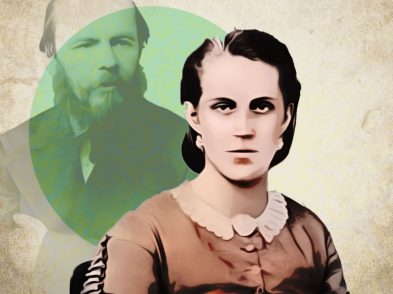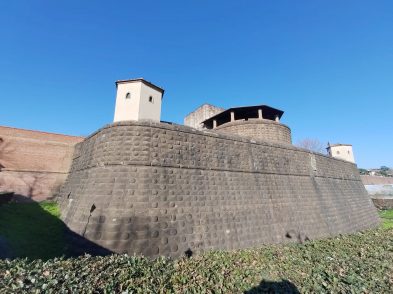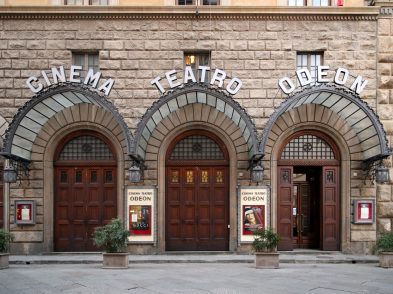The private funeral of polyhedral comedian, actor and filmmaker Francesco Nuti took place at the San Miniato al Monte Basilica in Florence on June 15 after his death aged 68 on June 12 following a long illness. His family was represented by his former partner, actress Annamaria Malipiero; their daughter, Ginevra, born in 1999, who became her father’s legal guardian in 2017; and his older brother, Giovanni, a doctor, musician and composer who stood by him throughout his life. His Tuscan buddies and fellow entertainers, Leonardo Pieraccioni, Carlo Conti and Giorgio Panariello, cinema colleagues and cabaret and music mates, as well as the mayors of Florence, where he was born, and Prato, where he grew up, were also present. During the homily, Father Bernardo Gianni told the mourners that they should “not think of this moment as a funeral, but as a voyage towards the light”. It would be, he said, “a transparent and limpid flight”. His many fans could not have wished for more.
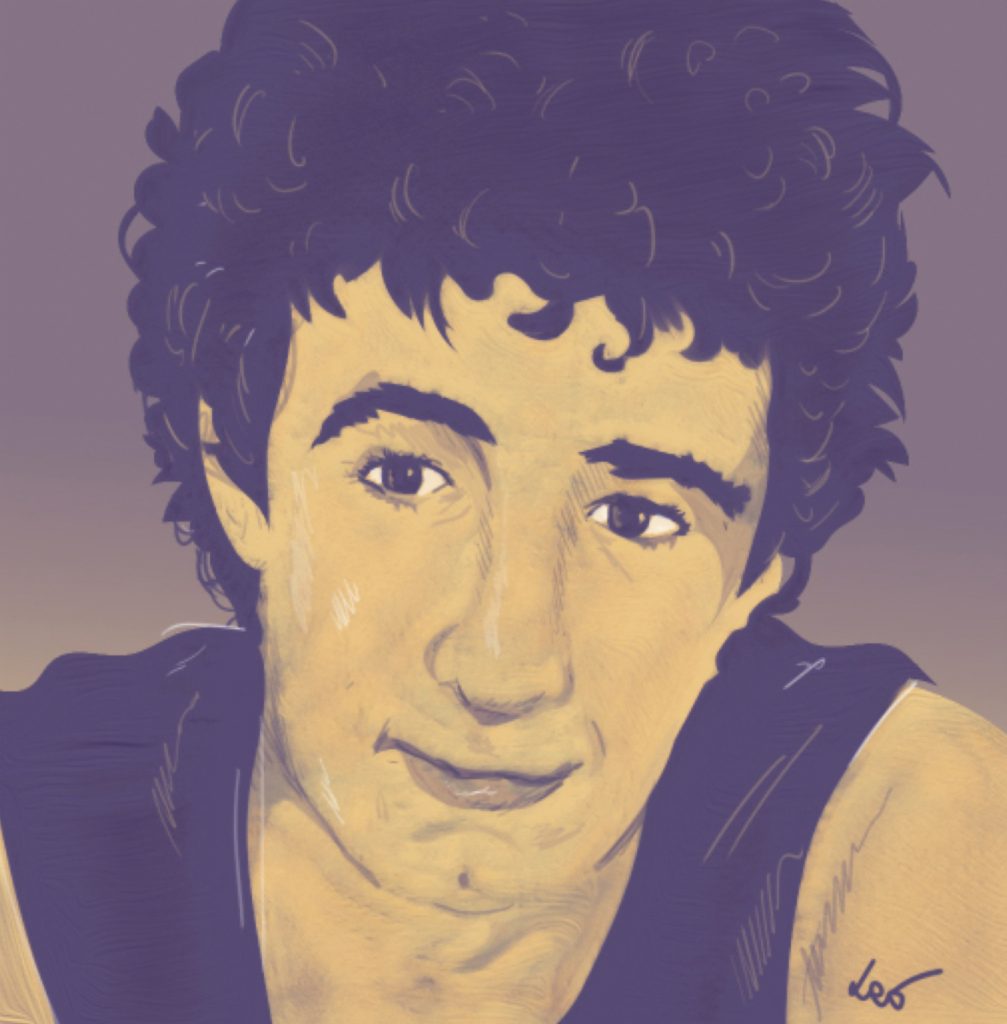
Born on May 17, 1955, his father was a barber from the Mugello area, while his mother was from Calabria. After spending his early years in Florence, the family moved to Narnali, a district of Prato, because of his father’s job. On graduating from the Tullio Buzzi high school in 1974, Nuti began working in a local textile factory, while dabbling in amateur dramatics in his spare time, writing the monologues he performed. He soon caught the attention of Alessandro Benvenuti and Athina Cenci, who asked him to join their comic act called I Giancattivi in 1978. The trio took part in popular radio programme Black Out and TV show Non stop. In 1981, Benvenuti directed the group in what would be Nuti’s first film appearance in Ad Ovest di Paperino, which reproposed much of the group’s repertoire.
Nuti decided to go it alone as screenwriter of and star in the comedies Madonna che silenzio c’è stasera (1982), Io, Chiara e lo Scuro (1983), which won him a David di Donatello for Best Male Actor from the Accademia del Cinema Italiano and a Silver Ribbon, awarded by the Italian National Syndicate of Film Journalists, and Son contento (1983). Directed by Maurizio Ponzi, these films were his first big step towards real celebrity. Based on this success, his next move was to try his hand at directing his own film called Casablanca Casablanca in 1985, in which he starred alongside the actress Giuliana De Sio, with whom he had acted in Io, Chiara e lo Scuro and with whom he was romantically involved at the time. It earned him his second David di Donatello. Other films soon followed: Tutta colpa del Paradiso (1985); Caruso Pascoski di padre polacco (1988); Willy Signori e vengo da lontano (1989); and Donne con le gonne (1991).
In 1988, Nuti took part in the Sanremo music festival, singing Sarà per te, the song he later recorded with Mina, and again, in 1992, he sang a duet with Mietta of Biagio Antonacci’s composition, Lasciamoci respirare.
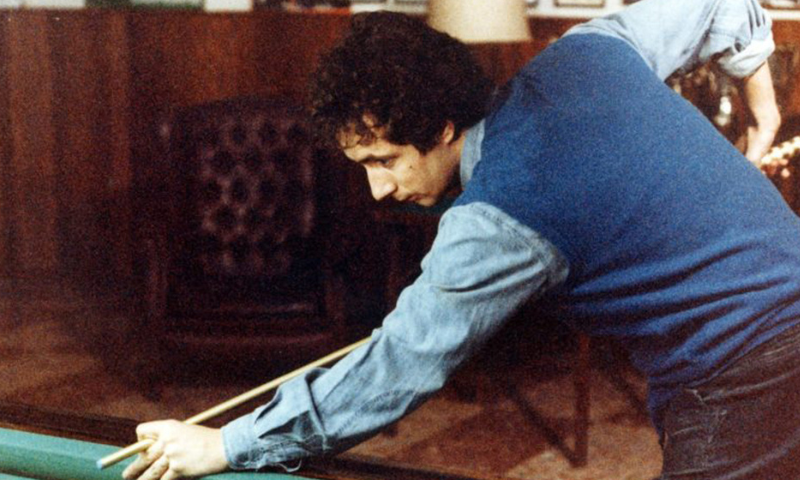
The 1980s were the golden age of Nuti’s cinematic fame. These were sadly followed, in 1994, when Nuti embarked on his most ambitious and costly project, OcchioPinocchio, which proved to be a flop at the box office and among critics. Other films came next in 1998, 2000, and 2001, but they never reached the heights of his earlier works. In 2002, he began working on his last film Olga e i fratellastri Billi, which was never released. In 2005, his last appearance on the silver screen was in Claudio Fragasso’s Concorso di colpa.
This lack of commercial recognition added to the depression, including suicide attempts and alcoholism, which plagued Nuti during this period. A radio interview in May 2006 was interrupted because it seemed he had been drinking. On September 2 of that year, Nuti hit his head after falling down the stairs at his home in Rome. He remained in a coma for two months and underwent three operations for a subdural hematoma, which impeded his ability to move and speak. He was transferred to a rehabilitation centre in Lido di Camaiore, returning home in early 2009. In September 2016, he suffered a second fall and was hospitalized in Florence in a critical condition. On learning that he had died, De Sio is reported to have said, “Francesco’s story is a mysterious parable, that of a person who had everything and decided to lose it all. He fell, inside, a long time before he physically fell. His was self-destruction, which I have never been able to explain.”
Various commemorations in Francesco Nuti’s memory will take place in Prato, while in Florence a gala evening will be celebrated in his honour in piazza Santa Croce on July 12, a month after his death.


